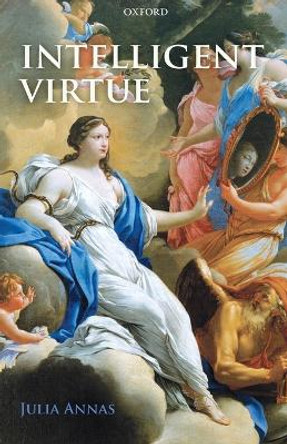The predominant view of moral virtue can be traced back to Aristotle. He believed that moral virtue must involve intellectual excellence. To have moral virtue one must have practical wisdom - the ability to deliberate well and to see what is morally relevant in a given context. Julia Driver challenges this classical theory of virtue, arguing that it fails to take into account virtues which do seem to involve ignorance or epistemic defect. Some 'virtues of ignorance' are counterexamples to accounts of virtue which hold that moral virtue must involve practical wisdom. Modesty, for example, is generally considered to be a virtue even though the modest person may be making an inaccurate assessment of his or her accomplishments. Driver argues that we should abandon the highly intellectualist view of virtue and instead adopt a consequentialist perspective which holds that virtue is simply a character trait which systematically produces good consequences.
In this book, Driver challenges Aristotle's classical theory of virtue.Reviews"Uneasy Virtue is required reading for those interested in virtue theory, consequentialism, and normative ethics in general. I recommend it in the warmest terms." Metaphilosophy, Leonard A. Kahn
Book InformationISBN 9780521781725
Author Julia DriverFormat Hardback
Page Count 158
Imprint Cambridge University PressPublisher Cambridge University Press
Weight(grams) 380g
Dimensions(mm) 229mm * 152mm * 11mm






